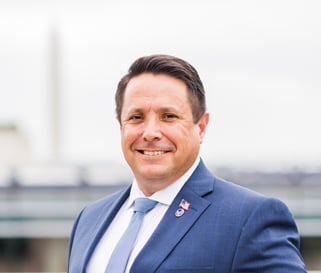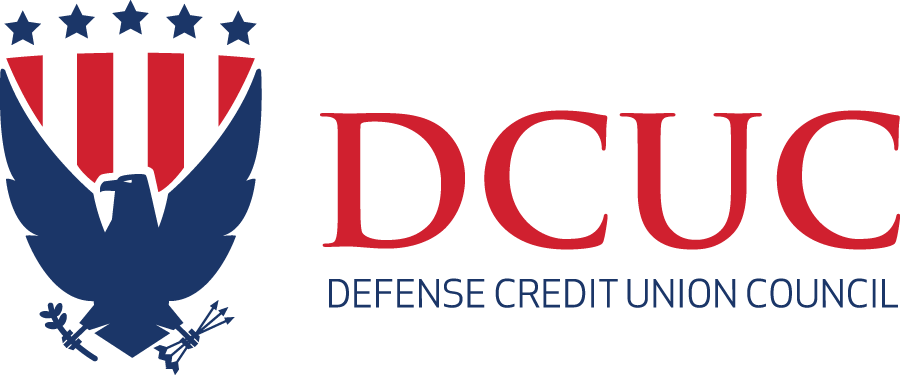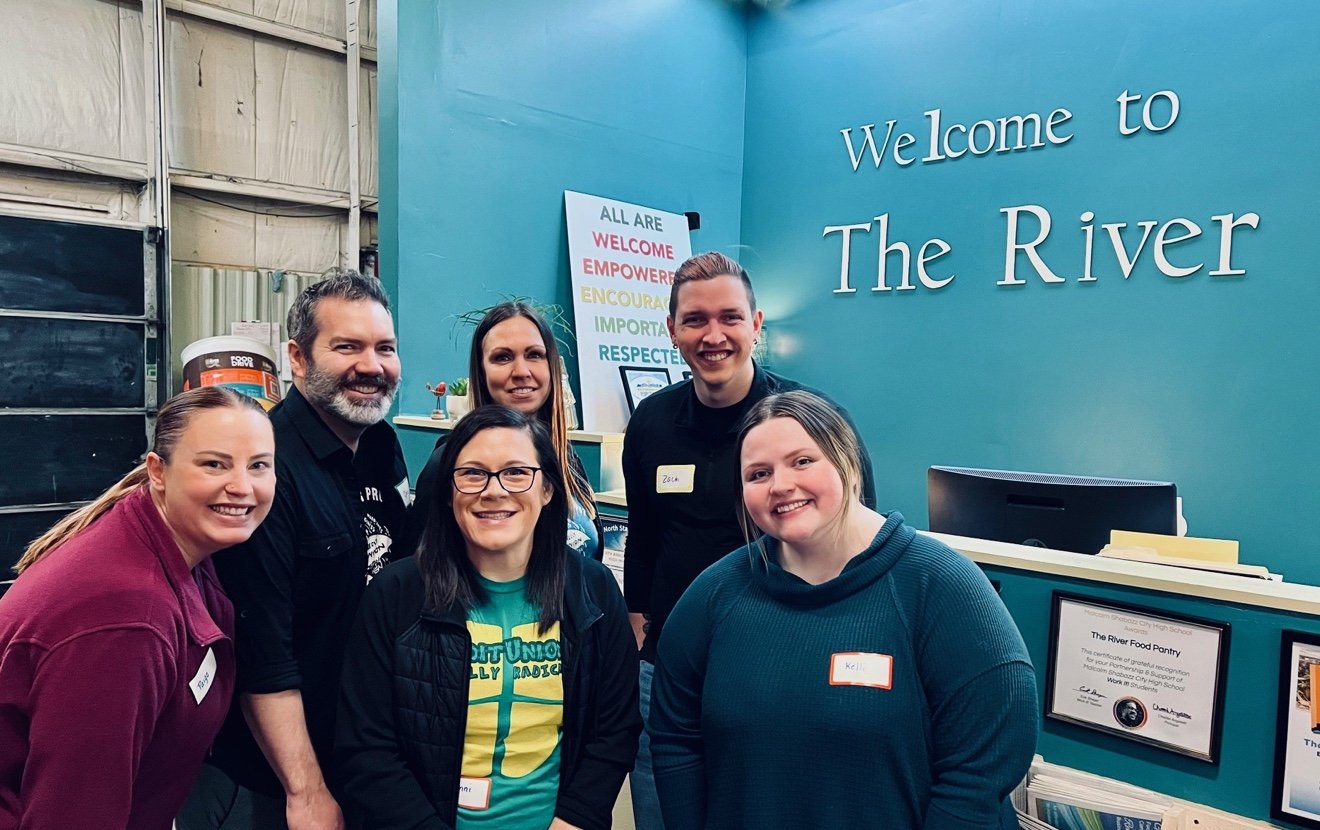As credit unions across the nation work to expand financial inclusion and deepen their community impact, one population stands out for both its need and its service: unhoused veterans.
These individuals, having served our country, often face significant barriers to reentering civilian life—particularly when it comes to accessing the financial system. Early this month, we celebrated the recent clarification by the National Credit Union Administration (NCUA), responding to our letter from earlier this year. This has opened the door for credit unions to grow their impact, making a meaningful difference in the lives of veterans experiencing homelessness.
The problem: Barriers to financial access
Many unhoused veterans are excluded from mainstream financial services due to a lack of traditional documentation or a permanent address—both common requirements for opening a bank or credit union account. Without access to a checking or savings account, veterans cannot easily receive their benefits, make secure payments, or rebuild credit. These financial limitations can perpetuate cycles of homelessness and financial instability.
The solution: Regulatory clarity from NCUA
In a recent response to stakeholder outreach, the NCUA confirmed that credit unions are not prohibited from serving unhoused veterans under current Bank Secrecy Act (BSA)/Anti-Money Laundering (AML) and Customer Identification Program (CIP) requirements. Specifically, NCUA Chairman Kyle Hauptman affirmed:
- Use of VA identification: Credit unions may use a Department of Veterans Affairs (VA) photo ID as part of their identity verification process.
- Flexible address requirements: If a veteran lacks a permanent address, the street address of a VA caseworker or office may be used for account opening purposes.
- Risk-based CIP policies: Credit unions have the flexibility to create their own risk-based procedures for verifying identity, tailored to meet the needs of unhoused veterans.
This clarification aligns with guidance already provided by the Federal Deposit Insurance Corporation (FDIC) to banks and is a key step in achieving regulatory parity across financial institutions.
Why this matters for credit unions
Serving those who served
Unhoused veterans represent one of the most vulnerable groups in our society. Many have honorable service histories, yet face systemic challenges when returning to civilian life. By expanding access to financial services, credit unions can offer stability, dignity, and a pathway to independence for veterans experiencing homelessness.
Enhancing financial inclusion
Financial exclusion compounds other challenges unhoused individuals face. When veterans have a safe place to deposit VA benefits, manage housing payments, and build credit, they gain tools that are essential to long-term reintegration and success. Credit unions are uniquely positioned to bridge this gap due to their community-focused, not-for-profit structure.
Achieving regulatory parity
The FDIC had previously provided guidance to banks allowing them to serve unhoused veterans. NCUA’s recent clarification ensures that credit unions can do the same—eliminating barriers and promoting fairness across the financial services industry. DCUC wrote to the NCUA on this issue to ensure credit unions are not disadvantaged in their ability to serve and support this critical population.
Aligning with national efforts
Federal and state agencies, including the Department of Veterans Affairs, have prioritized ending veteran homelessness. Financial access is a cornerstone of this effort. By stepping up to serve unhoused veterans, credit unions align with these larger public policy objectives and demonstrate their commitment to the broader societal good.
Practical steps credit unions can take
Credit unions interested in supporting unhoused veterans can begin by:
- Reviewing and updating CIP policies to explicitly permit the use of VA-issued IDs and third-party addresses.
- Training staff to recognize and assist veterans who may lack traditional documentation.
- Partnering with local VA offices and veteran service organizations to identify and support unhoused veterans in need.
- Creating tailored account offerings that reduce barriers to entry while maintaining compliance and security.
This regulatory clarification should not be viewed merely as an allowance—it’s an invitation! Credit unions have long stood as pillars of financial empowerment to their membership, and DCUC will continue to champion the impact credit unions bring to our Nation’s military and veteran communities.
By taking action today, credit unions can help ensure that no veteran is left behind when it comes to financial access. I invite you to discover how DCUC champions the efforts of all credit unions seeking to expand their reach, enhance their services, and deepen their impact on local service members, veterans, and their families.
Let’s lead the way—not just in compliance, but in compassion and commitment!








